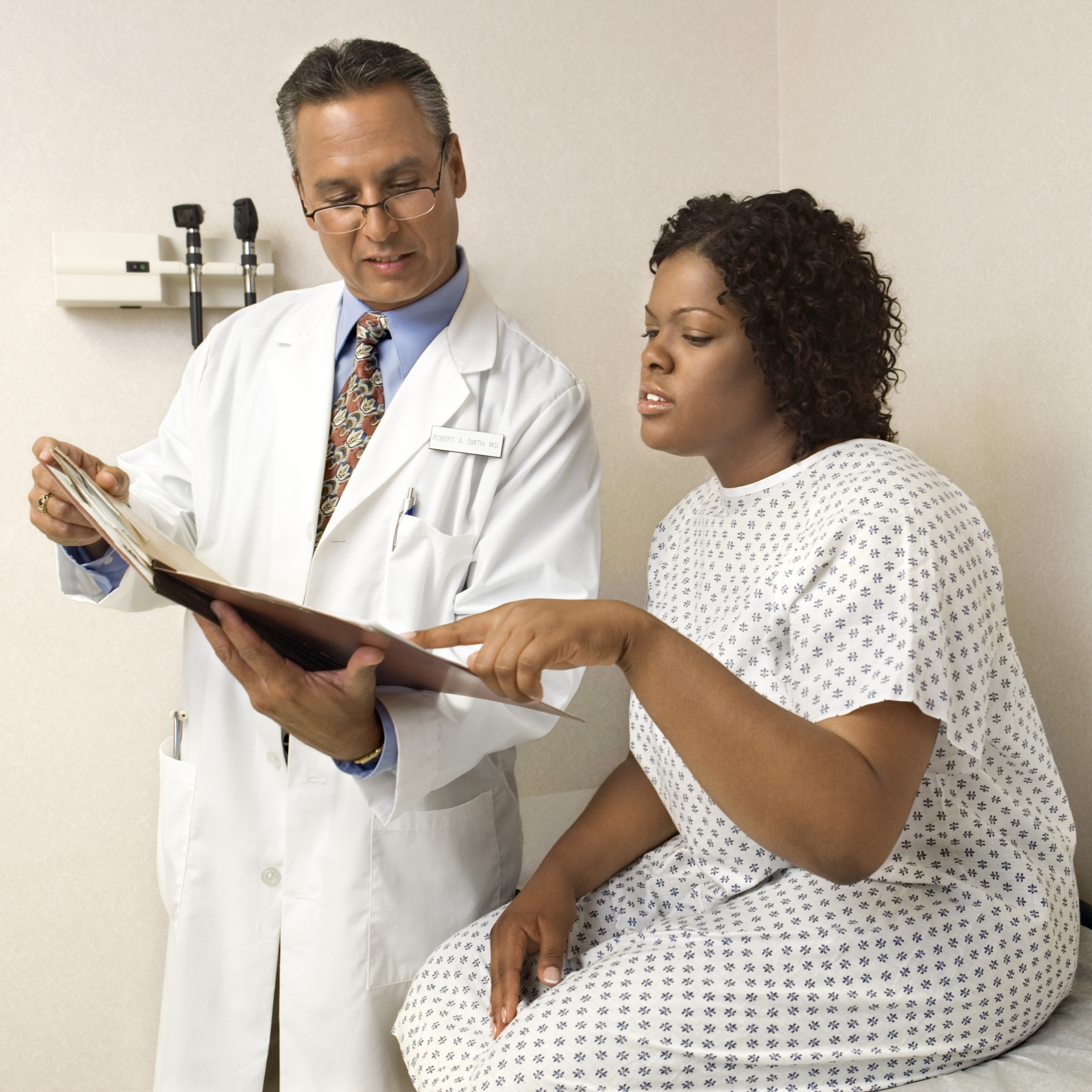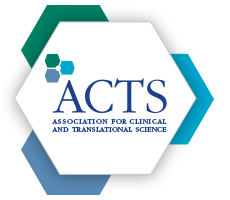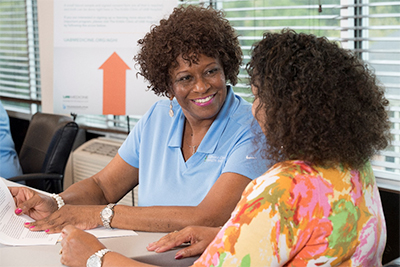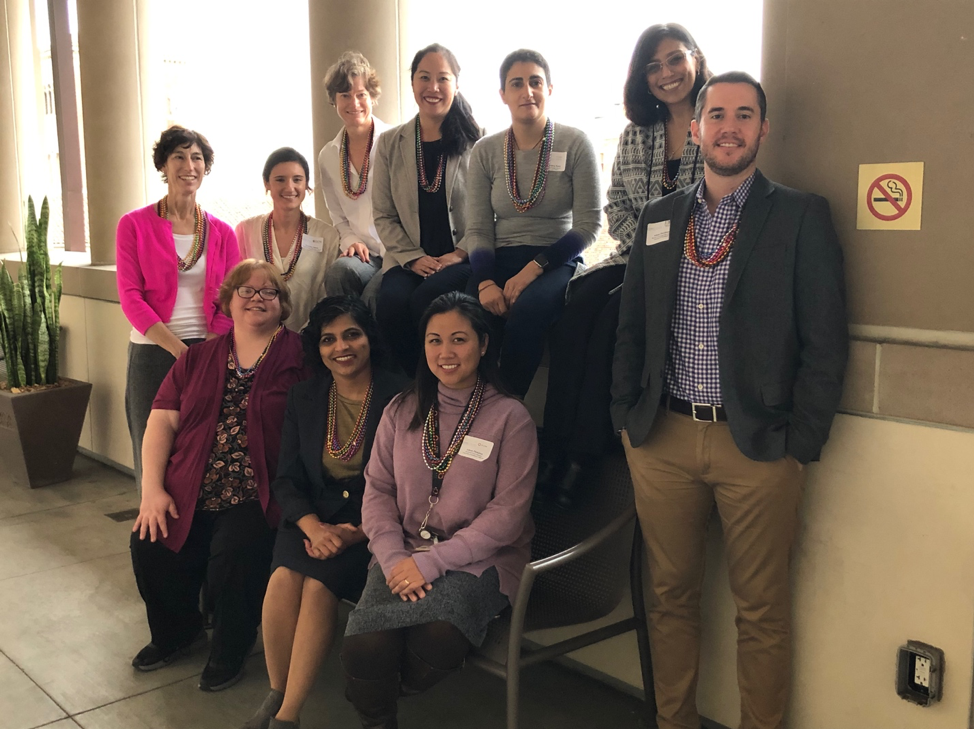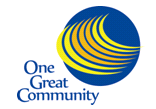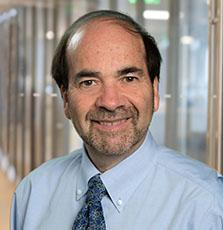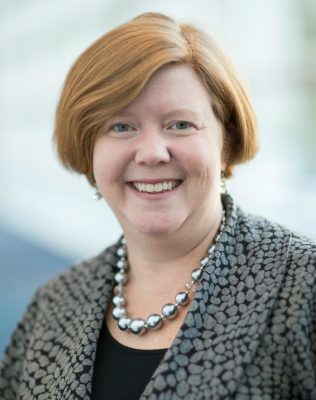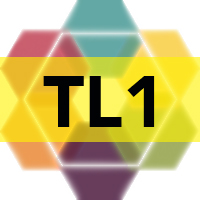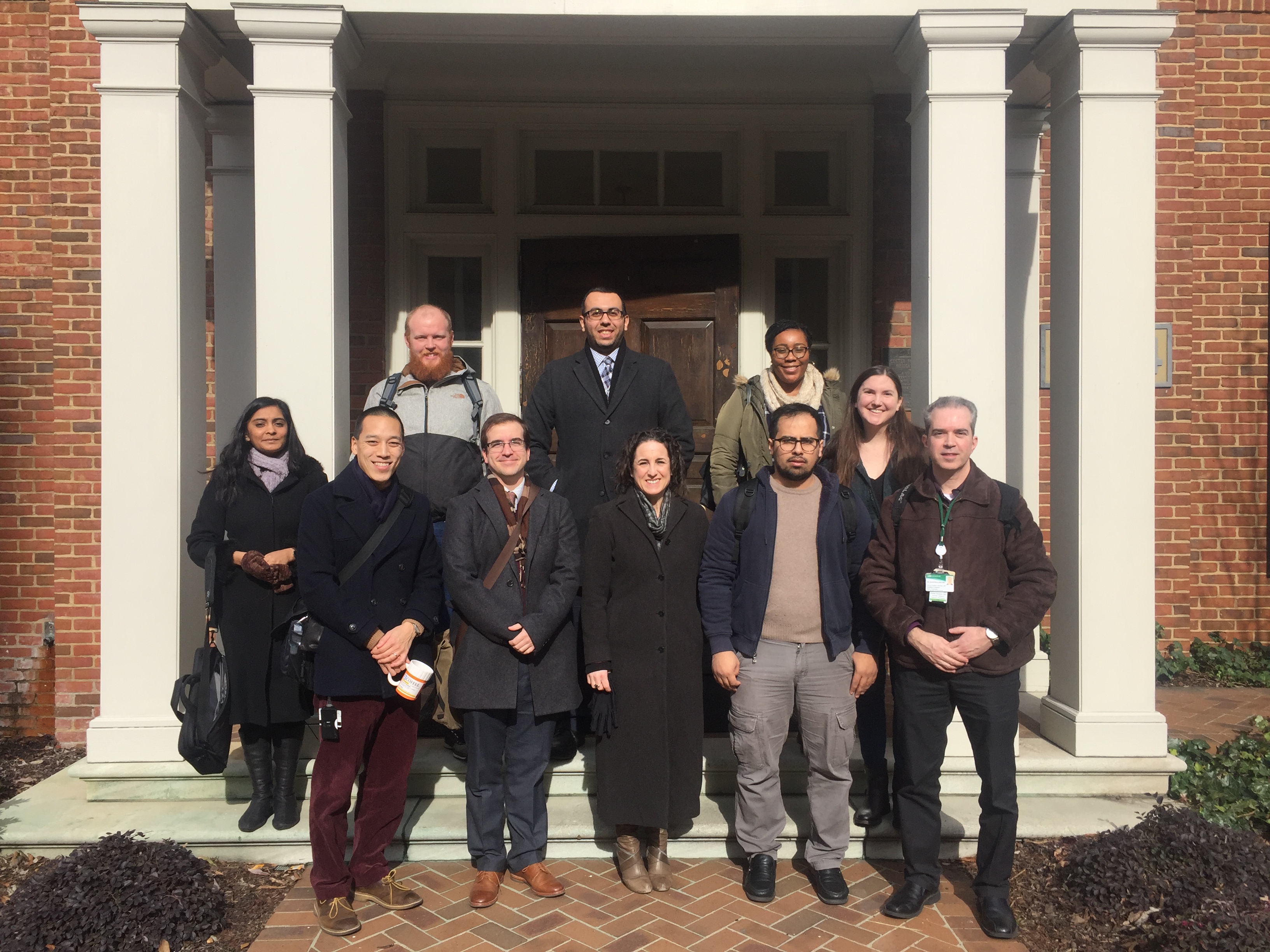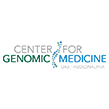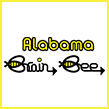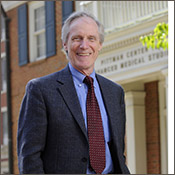
Dr. Robert P. Kimberly, UAB Senior Associate Dean for Clinical and Translational Science, highlighted the many ways CCTS helps speed the pace of scientific discoveries and their progress along the translational pipeline to a standing-room only crowd at a Wonderful World of Technology event last week. The event was cohosted by UAB’s Rheumatology Diseases Core Center and the Comprehensive Arthritis, Musculoskeletal, Bone and Autoimmunity Center.

Kimberly started off describing the many venues to connect face-to-face with CCTS domain experts, such as our recent Open House, monthly Forums, and regular drop-in clinics. “You can talk with CCTS folks with special expertise in key research areas including informatics, biostatistics, study design, multisite trials, and meeting the latest federal requirements, such as the NIH Rigor, Reproducibility, and Transparency (R2T) rules” he said.
With a nod at the meeting’s theme, he then shared some of the more technically oriented trainings CCTS offers, such as Accessing Clinical Data for Research with i2b2, which has been in high demand for several months now. He also played a new CCTS video, “Don’t Be This PI!” about the more stringent ClinicalTrials.gov requirements for registering and reporting clinical trials. “We can’t report for you, but our regulatory team and study design methodologists can help you avoid the opportunity to pay $11,000 in fines,” he said, only half jokingly.
“Our CCTS Partner Network offers deep expertise in drug discovery and device development,” he said before playing a second video to highlight how CCTS enables “creative collisions” between disparate fields such as engineering and oncology. This video features researchers from the University of South Alabama explaining how CCTS supported their vision to apply engineering principles to solve a biological problem, creating a device that uses spectral light imaging to enable detection of precancerous colon lesions otherwise invisible to the human eye. “We can help refine ideas, get you to the stage where you can spin off to an SBIR grant or seek licensing,” Kimberly added.
Kimberly concluded with an invitation, saying, “Our mission is to move knowledge along the translational pipeline to practical application in improving human health. To that end, we will help you wherever you are in the translational continuum, from T0 to T4. Translation is a team sport! Join us online, subscribe to our weekly Digest, and attend an upcoming event at PCAMS.”
Feb. Forum Highlights Transformative Promise of Clinical Trial Initiatives
Not Too Late to Register for TS19!
Registration for 4th Annual CCTS Bioethics Forum Now Open
Calling All CCTS Members Presenting at Upcoming TS19 Meeting
CCTS Connects with CEREC Colleagues to Share Pilot Review Best Practices
CCTS Welcomes New OGC Council Members
Save the Date for our Next CCTS Forum: CTSA Career Success
Join Us! CCTS Monthly Forum "Building on Success: A Vision for Clinical Trials"
Mark Your Calendar for the 4th Annual CCTS Bioethics Forum
How to Share Your Views as a Scientist
CCTS Extends Deadline for Predoctoral TL1 Research Training Program
U-BRITE Day Demonstrates Value of Informatics Tools for Breaking Down Scientific Data Siloes
CCTS Welcomes 2019 CTSTP Cohort
CCTS Partners Launch New Genomic Medicine Research Program for Undergrads
Encourage a High Schooler in Your Life to Register for the Alabama Brain Bee!
“Bioethical Dialogue on Ethical Considerations in Population Health Research with a Genomic Overlay” will take place at the Battle House Renaissance Mobile Hotel and Spa on Thursday, March 23. This interactive forum will help attendees develop a more robust understanding of the ethical considerations in population health research that is genomics-based, big data-driven, and directed at the goals of precision medicine.
The morning session will consist of a dialogue on the concept of “humility” in theory and practice, especially as it relates to research partnerships with minority communities and vulnerable populations. After a working lunch, attendees will examine the factors that contribute to healing the wounds of humiliation sustained by communities affected by a history of unethical research and how to ensure equitable inclusion of these communities. The goal of this session is to better understand how to enhance community agency and empower partners.
The symposium will begin at 10am and end at 3:30pm. All are welcome.
Seats are limited, click here to register!
More than 125 people visited our “house” at PCAMS last week, learning about the many ways CCTS sharpens clinical and translational science, finding new collaborators, and enjoying refreshments. Guests found plenty of new information at our usual tables: Research Commons, Training Academy, Clinical Translation, Community Engagement, Partner Network, and Special Modules (the “domains” of CCTS).

In addition, three new stations highlighting our latest initiatives (the Southeast Alliance for Research (SHARe), ClinicalTrials.gov registration and reporting support, and I-Corps-based training opportunities) piqued the interest of even our regular CCTS members. In case you missed it, we offer links to the most popular Open House resources below.
A drawing for give-aways, including the chance for a CCTS Research Voucher or Mini-Sabbatical, was also a hit. Congratulations to our winners, drawn by CCTS Director Dr. Robert Kimberly (see middle right). They are also listed below.

Attendees gave the event many positive remarks:
Thank you to all of our Open House attendees for helping make this a great event. If you missed it, please stay tuned, we will host another Open House later this year.
Open House Resources

Open House Drawing Winners
The coming year will present a plethora of opportunities to learn about genomics discoveries, research techniques, and ethical issues. We highlight several on the horizon below.
Rare Disease Genomics Symposium
This Rare Disease Day event, which takes place on Mon. March 3 at the Bradley Lecture Center, is cosponsored by the UAB Dept. of Genetics, the Heflin Center for Genomic Sciences, Children’s of Alabama, and the CCTS. Join us as we explore “Genetics and Genomics in Day to Day Medical Practice.” When does one refer a patient? What are the genetic causes of growth difference? What resources exist for pediatricians to help diagnose and treat patients with genetic diseases? What are the ethical and legal issues raised by diagnostic genome sequencing? What is the UAB Undiagnosed Diseases Program? Dr. Deborah Krakow, professor, Orthopaedic Surgery, Human Genetics, and Obstetrics and Gynecology, David Geffen School of Medicine, UCLA, will present the keynote. Registration is open and free to Children’s and UAB Dept. of Genetics employees (otherwise $35).
UAB-HudsonAlpha Center for Genomic Medicine Symposium 2017
This free daylong event will take place in Huntsville, AL, on Monday, May 8. Stay tuned to the CCTS Digest for an announcement that registration is open.
Genomic Medicine Seminar Series and Bioethics Seminar Series
The UAB-HudsonAlpha Genomic Medicine Training program is offering these two new seminar series. Both start this month and continue through Fall 2017. The Genomic Medicine seminars take place every other week and are designed to encourage debate among T32 trainees, mentors, and life science experts. The Bioethics seminars will occur monthly and feature case presentations that highlight ethical considerations surrounding genomics and privacy, technology, social risk, community engagement, justice, vulnerable populations, risk assessment and public health, and intellectual property.
Find even more learning opportunities listed on our CCTS Events page.

